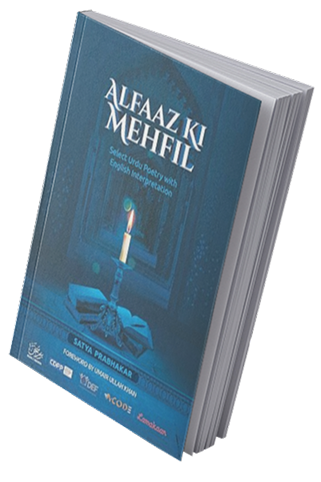
1 Urdu ash'ar / shayari (shers, couplets) by
Qamar
1876-1941,
Budaun (Uttar Pradesh)
Qamar Biography
Qamar Badayuni, whose real name was Munshi Qamarul Hasan, was born on 1 March 1876 in Badayun, a historic town in Uttar Pradesh. He lived his life largely in Badayun, where he also died on 1 July 1941. As a poet of the late 19th and early 20th centuries, Qamar worked in the classical tradition of Urdu poetry. His pen name “Qamar” is how he is best known to readers.
His poetry is marked by elegance of language, classical diction, and traditional forms. He composed ghazals, couplets (sher), nazms, following the conventions of meter and rhyme typical of his period. Though perhaps not as widely remembered today as some of his contemporaries, his work remains in collections of Urdu poetry and is respected for its craftsmanship and classical style.
Qamar Badayuni witnessed significant historical and cultural changes in India during his lifetime, including the period of British colonial rule, growing movements of reform and awakening, and the tensions those created in literary circles between classical and new styles. Despite this, he appears to have maintained a commitment to traditional poetic values: precision of language, refined expression, and emotional restraint.
Today his poems are preserved on sites dedicated to Urdu poetry, and his verses continue to be read by those interested in the classical Urdu heritage. His life and works are a part of the literary history of Badayun, a city that has produced many Urdu poets and has been a center of Urdu literary culture.
1 / 1: Qamar
kaise hote hain wo khat
jin ke jawaab aate hain
oh messenger, please tell me
for you must have seen
what kind of a letter
gets a reply from her
Theme: Love, Passion, and Longing (113)
0
0
0
3.6K
Featured Shaayars
553 Shaayars
Featured Themes

Urdu Poetry, Simply Told
classic Urdu shers with simple translations, poetic insights, and mini-dictionaries for every poetry lover...
A heartfelt collection of Classic Urdu shers...



Alfaaz Ki Mehfil is a curated space for timeless poetry celebrating words, emotions, and the enduring beauty of expression. From classic Urdu couplets to modern reflections, it brings together generations of poetic voices that speak of love, longing, hope, and the human soul.
Quick Links
